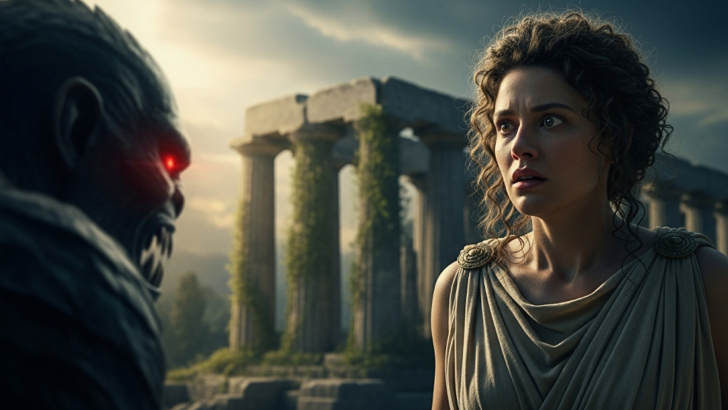Anxiety is not just a modern struggle. The ancient Greeks told stories that gave shape to uneasy feelings through gods, monsters, and myths.
Instead of treating worry as invisible, they embodied it in characters and creatures, making the intangible more understandable.
Myths gave people a language to express fear, dread, and uncertainty while also offering lessons on how to face them.
These tales show that anxiety has always been part of the human experience, and by personifying it, the Greeks made it possible to talk about and cope with it.
Here are ten ways Greek myths explained anxiety through gods and monsters.
1. Phobos, God of Fear
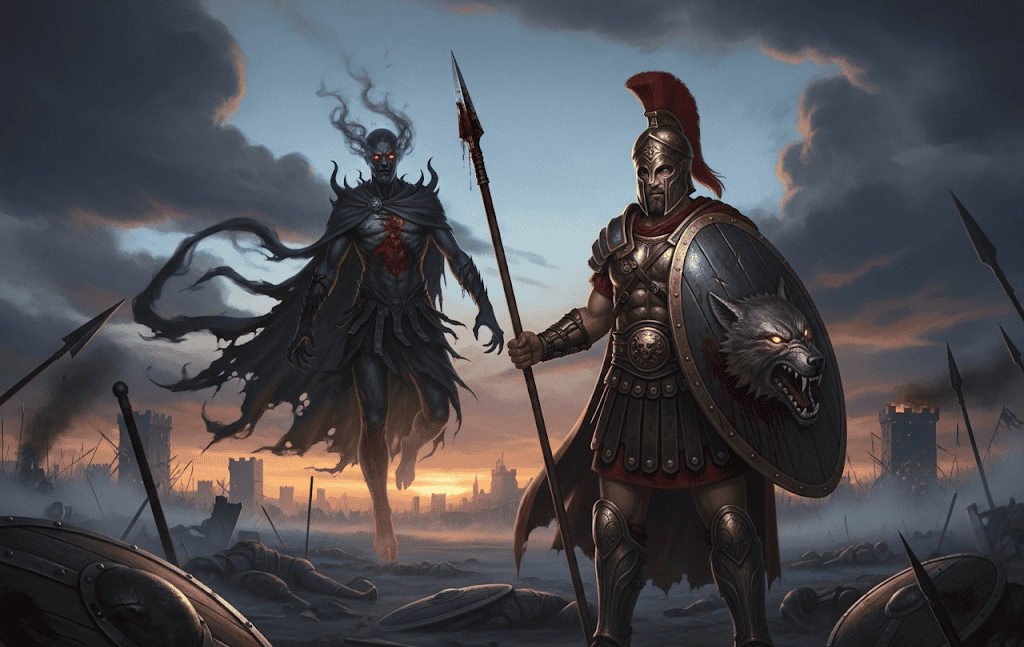
Phobos was the personification of fear itself, often seen alongside Ares, the god of war. Warriors prayed to him not for courage but to ensure their enemies felt terror.
His presence on the battlefield was a way of naming the invisible cloud of panic that spread among soldiers. For the Greeks, fear was not abstract but a divine force with its own identity.
Phobos showed them that fear could be overwhelming and contagious. By giving fear a godly form, they acknowledged anxiety as part of human nature, something powerful that could strike anyone when facing conflict or uncertainty.
2. Deimos, God of Dread
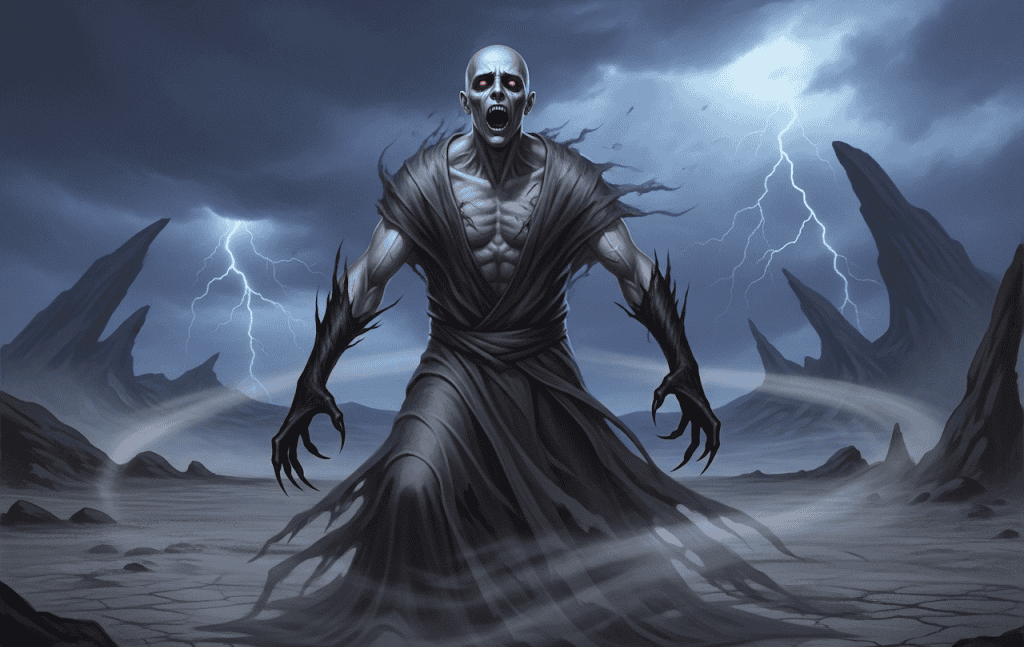
Deimos was Phobos’s brother, representing dread and the paralyzing anticipation of danger. While Phobos symbolized sudden fear, Deimos embodied the slow, creeping anxiety that builds before battle or hardship.
Greeks believed his influence could weaken even the strongest warriors before swords clashed.
In this way, dread became more than a feeling—it was a divine force that eroded confidence. By separating dread from fear, myths reflected the different shades of anxiety.
Deimos personified the mental weight that keeps people awake at night, showing that the Greeks understood the difference between panic in the moment and worry about what may come.
3. Eris and the Anxiety of Conflict
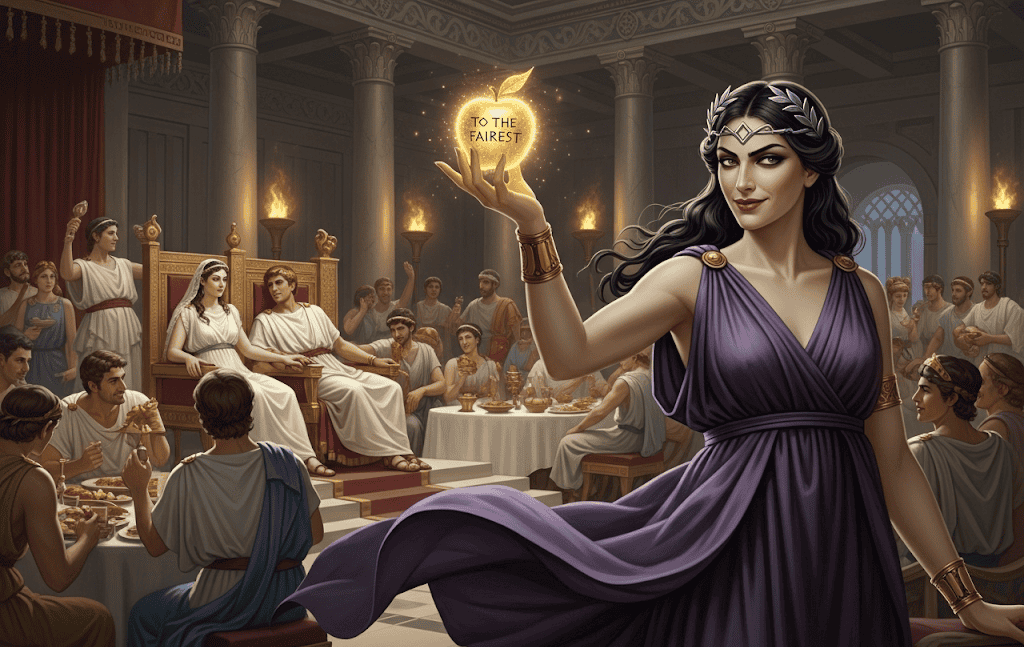
Eris, goddess of strife, caused tension wherever she went. Her presence in myths, especially at the wedding of Peleus and Thetis where she threw the golden apple, symbolized how conflict breeds anxiety.
Even before battles began, the mere possibility of discord stirred worry and unease. Eris represented the kind of stress that comes from unresolved rivalries and competition.
By linking her with both petty quarrels and full-scale wars, the Greeks showed how even small conflicts could grow into overwhelming worries.
Eris embodied the anxiety of not knowing how disputes would unfold, making her a divine reflection of social tension.
4. The Furies and Guilt-Induced Anxiety
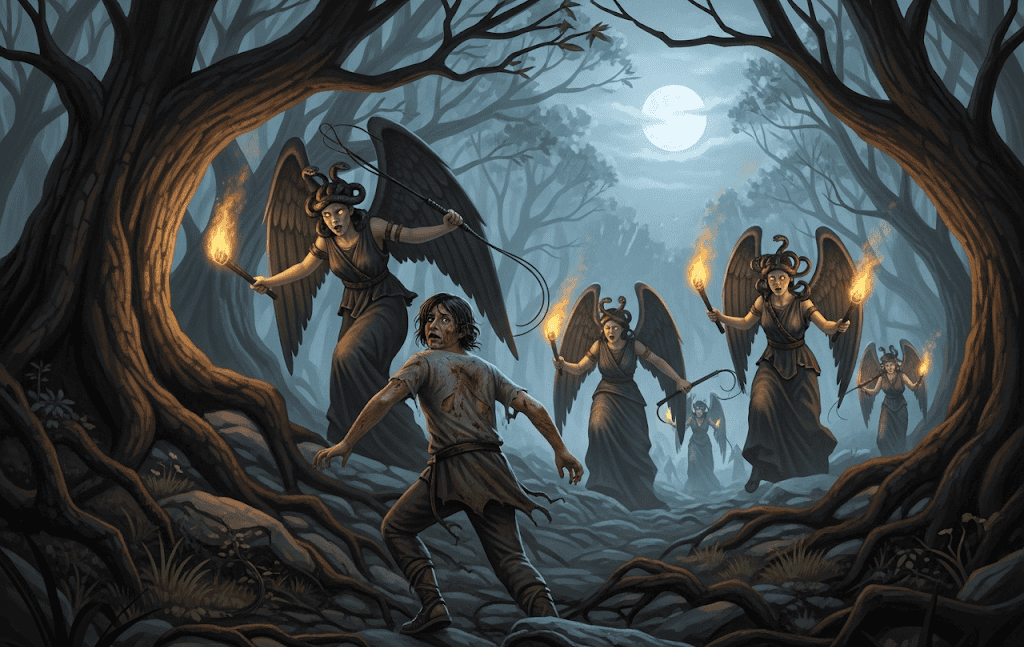
The Erinyes, or Furies, were terrifying goddesses of vengeance who hunted down those guilty of crimes. Their relentless pursuit mirrored the way guilt can gnaw at the mind.
For the Greeks, the idea of being chased forever by these avengers captured the essence of anxiety born from wrongdoing. The Furies represented intrusive thoughts that refuse to let go, constantly reminding someone of past mistakes.
They showed how anxiety could be tied to conscience and moral failings. By creating these fearsome goddesses, myths explained how inner torment feels external, as if punishment itself were a living, breathing presence.
5. Typhon, Monster of Overwhelming Chaos
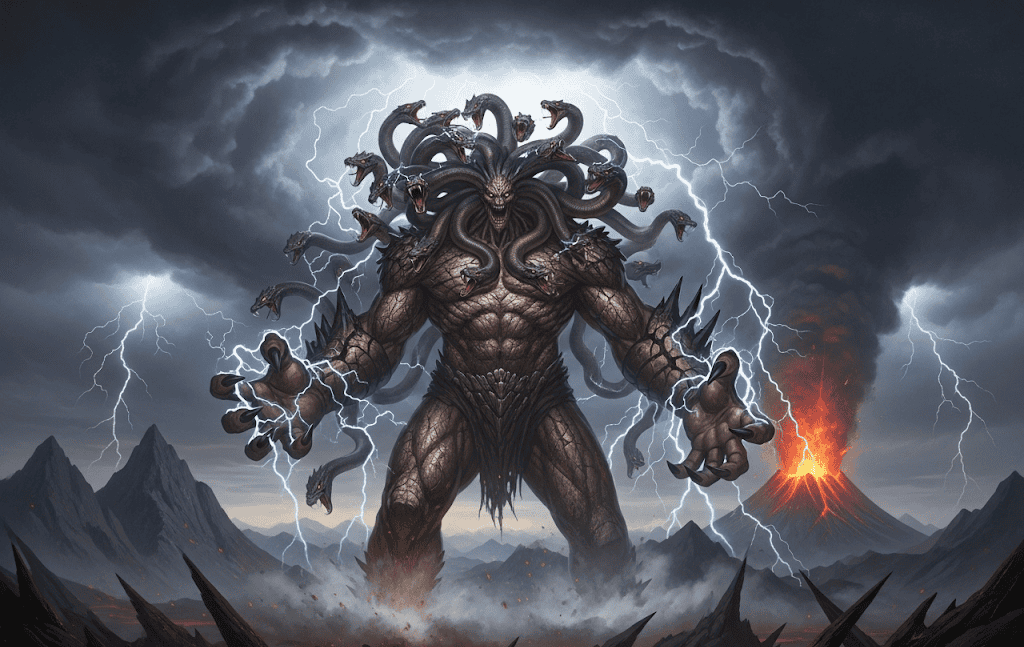
Typhon, a monstrous giant with serpent heads and thunderous power, embodied chaos and uncontrollable forces. His myth explained the kind of anxiety that comes when life feels too big to handle.
Facing Typhon was like standing before an unstoppable storm, a symbol of the overwhelming worries that crush people under their weight.
The Greeks turned these feelings into a monstrous figure to make sense of them. By imagining chaos as a creature, they could narrate battles against it, giving people hope that even the wildest anxieties might be defeated.
6. Morpheus and Anxiety in Dreams

Morpheus, god of dreams, showed how anxiety often slips into the subconscious. The Greeks believed he could shape dreams and bring messages from the gods.
But not all dreams were comforting—many carried worries, omens, and fears that troubled the sleeper.
Anxiety in myths often surfaced through restless visions, reminding mortals that even in sleep, the mind could not escape unease.
Morpheus symbolized how anxieties travel from waking life into the dream world. By giving dreams a divine ruler, the Greeks acknowledged the way fears linger in hidden corners of the mind, shaping how people felt even after rest.
7. The Sphinx and the Anxiety of Uncertainty
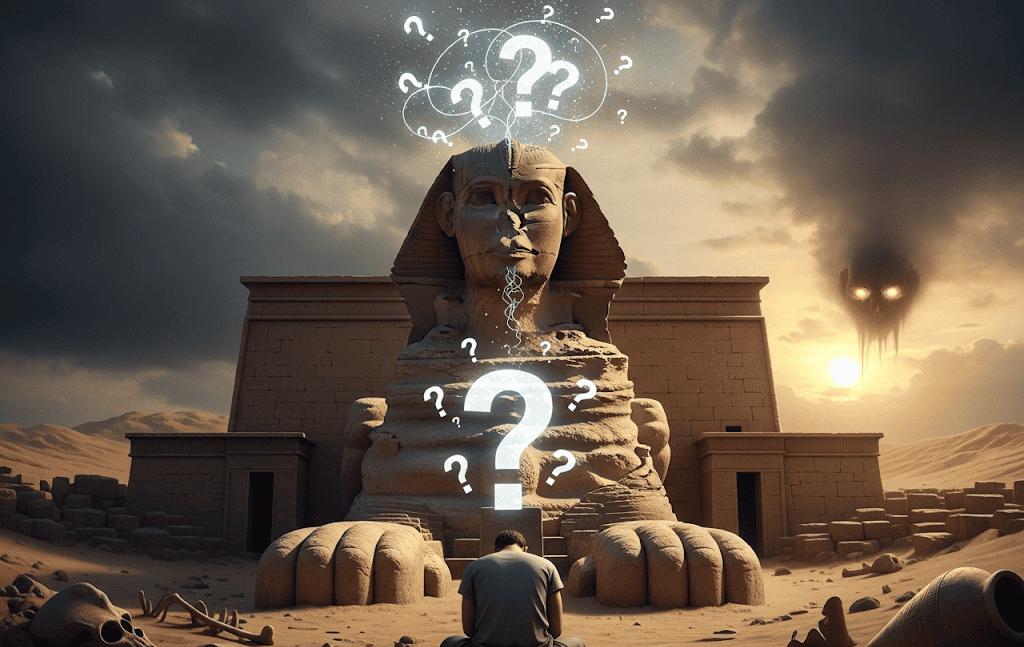
The Sphinx, with her riddles, represented the anxiety of not knowing the right answer. Her challenge to Oedipus showed how uncertainty creates paralyzing pressure.
Failure to answer meant death, making her a living embodiment of the fear of mistakes. The Greeks used her myth to show that anxiety often comes from uncertainty about the future and doubt in one’s own abilities.
The Sphinx forced mortals to confront the unknown with logic and courage. She symbolized the uncomfortable truth that anxiety thrives where answers are unclear, and only through clarity and confidence can one escape its grip.
8. Hecate and the Fear of Crossroads
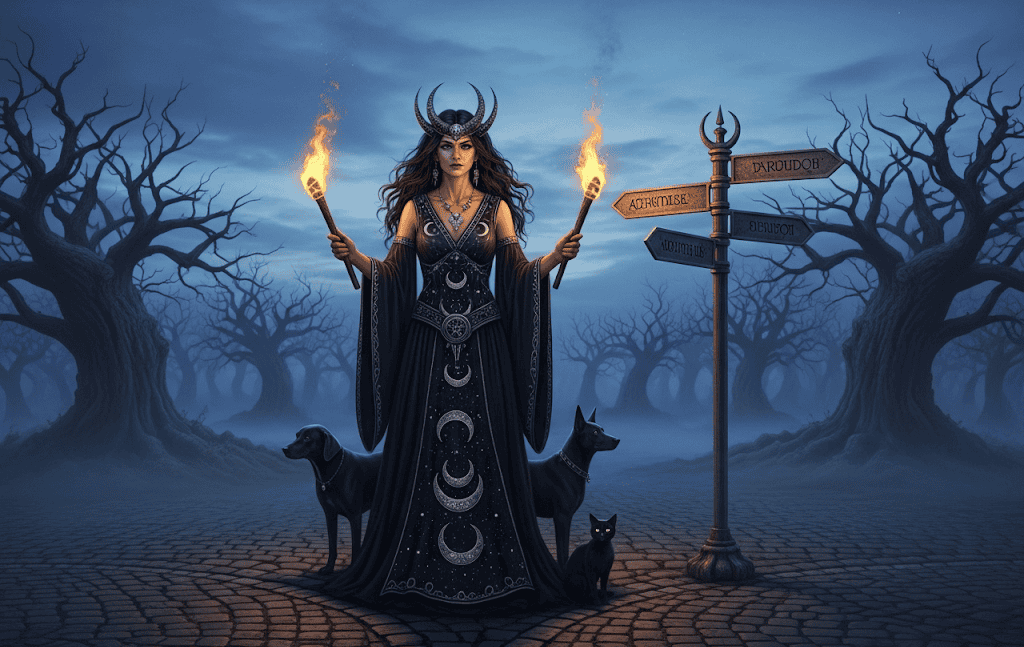
Hecate, goddess of magic and crossroads, was tied to the anxiety of making choices. Crossroads symbolized moments of decision, where the wrong turn could bring danger.
People prayed to her at night, carrying torches to ward off fear of spirits and uncertainty. She embodied the stress of standing between paths, not knowing which to take.
For the Greeks, crossroads were not just physical places but metaphors for life’s difficult choices.
Hecate’s role reflected the worry of decision-making, where doubt and fear of consequences weigh heavily. She turned the invisible stress of choice into a sacred, ritualized experience.
9. Nemesis and the Fear of Retribution
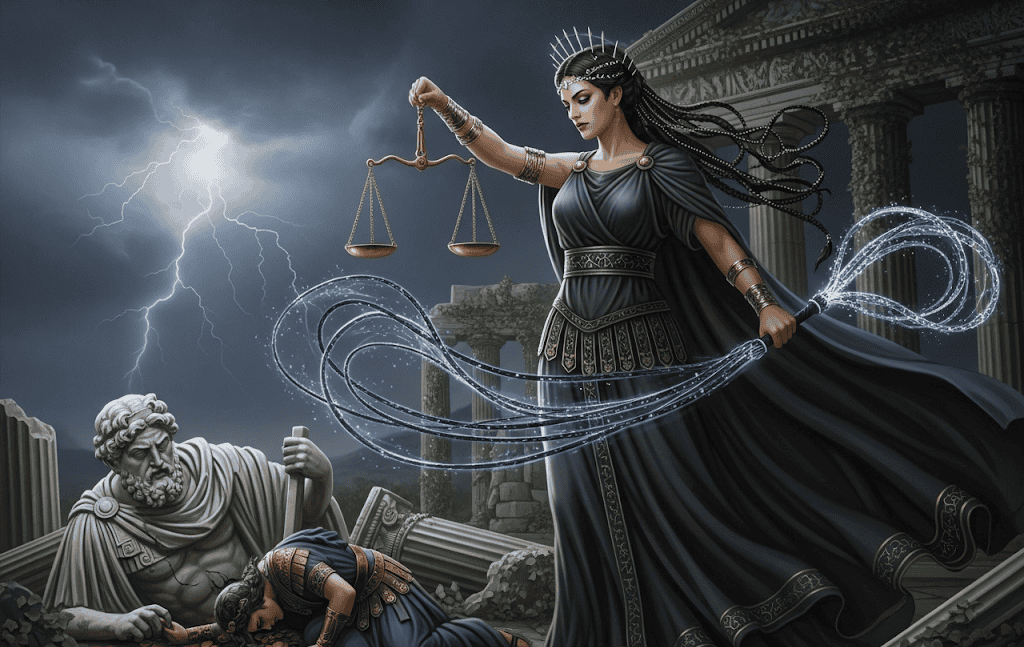
Nemesis was the goddess of retribution, punishing hubris and imbalance. Her presence created a culture of anxiety around success and pride.
The Greeks believed that becoming too fortunate or arrogant would invite her wrath. This constant fear of divine correction kept people cautious and humble.
Nemesis personified the anxiety of waiting for consequences, even when things seemed to go well. Her myth shows how worry is not always about current problems but about the fear of losing what one has.
By turning retribution into a goddess, the Greeks explained the unease that comes with fortune and fate.
10. Hades and the Anxiety of Death
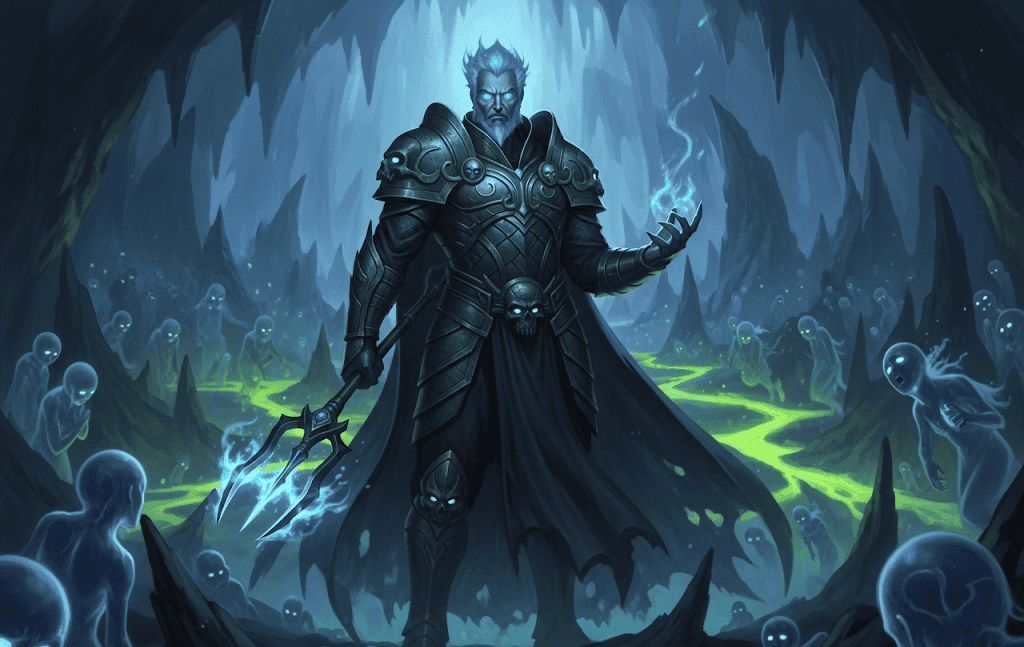
Hades, ruler of the underworld, was not evil but still a source of deep dread. His domain symbolized the ultimate unknown, and mortals feared what awaited them after death.
Anxiety about mortality was embodied in his shadowy kingdom, where souls faced judgment and endless separation from the living.
For the Greeks, the fear of death was not just personal but universal. Myths surrounding Hades offered structure to this fear, showing how rituals and respect for the gods could ease the anxiety of passing.
By personifying death through a god, they gave form to humanity’s oldest and deepest worry.

Ho sempre sentito una forte connessione con il Divino fin dalla mia nascita. Come autrice e mentore, la mia missione è aiutare gli altri a trovare l'amore, la felicità e la forza interiore nei momenti più bui.

